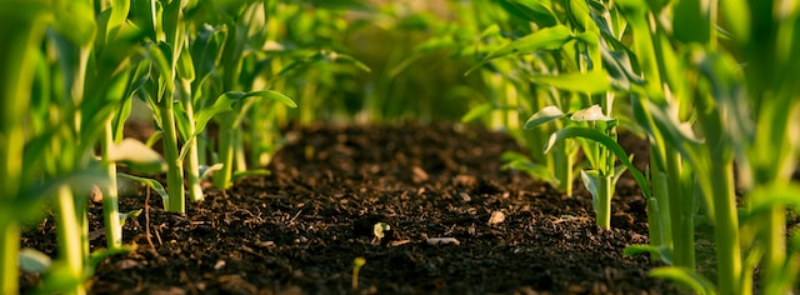
When It Occurs
Every December 5th
Official Website
Timeline
Days Passed (810)
# Hashtags
#WorldSoilDay #SoilConservation
Observed every year on December 5th, World Soil Day (WSD) is dedicated to promoting awareness of the significance of soil and its conservation. The day also emphasizes the advocacy for sustainable management of soil resources.
As a fundamental component of natural systems, soil plays a crucial role in human health. It actively contributes to mitigating climate change and preventing biodiversity loss, serving as an essential factor in ensuring food, water, and energy security.
Importance of Soil
-
Critical Resource: Soil is a fundamental natural resource that supports agriculture, biodiversity, water filtration, and carbon sequestration, playing a crucial role in sustaining life on Earth.
-
Food Production: Healthy soils are essential for agricultural productivity and food security, providing nutrients and support for crop growth and ecosystem resilience.
-
Environmental Role: Soil regulates water flow, mitigates climate change through carbon storage, and supports diverse ecosystems by providing habitats for organisms and plant roots.
History and Establishment
-
UN Recognition: World Soil Day was officially adopted by the United Nations (UN) General Assembly in 2013, recognizing the importance of soil as a critical component of the natural environment and sustainable development.
-
Global Initiative: The Food and Agriculture Organization (FAO) of the United Nations plays a leading role in promoting World Soil Day to raise awareness and advocate for sustainable soil management practices globally.
Objectives
-
Raise Awareness: Increase public and political awareness about the importance of soil health, sustainable soil management, and its crucial role in achieving the Sustainable Development Goals (SDGs).
-
Promote Conservation: Encourage individuals, communities, farmers, and policymakers to adopt practices that conserve and improve soil quality, reduce erosion, and enhance soil fertility.
-
Advocate for Policy: Advocate for policies and investments that prioritize soil health, sustainable agriculture, and land management practices to protect and restore degraded soils.
Themes and Activities
-
Annual Themes: Each year, World Soil Day is commemorated with a specific theme focused on key soil-related issues, such as soil pollution, erosion control, soil biodiversity, or sustainable land management practices.
-
Educational Campaigns: Organize workshops, seminars, webinars, and educational programs to educate stakeholders about soil science, soil conservation techniques, and sustainable agriculture practices.
-
Field Demonstrations: Conduct field demonstrations, soil testing campaigns, and community outreach activities to showcase best practices in soil management, composting, organic farming, and agroecology.
Global Impact and Challenges
-
Soil Degradation: Soil degradation, caused by erosion, pollution, deforestation, urbanization, and unsustainable agricultural practices, threatens global food security, biodiversity, and ecosystem services.
-
Climate Change: Healthy soils play a crucial role in climate change mitigation by sequestering carbon dioxide from the atmosphere and enhancing resilience to extreme weather events.
Calls to Action
-
Adopt Sustainable Practices: Implement sustainable soil management practices, such as crop rotation, cover cropping, agroforestry, organic farming, and integrated pest management, to enhance soil health and productivity.
-
Invest in Research: Support research and innovation in soil science, soil conservation, and agroecological approaches to develop evidence-based solutions for sustainable land management.
-
Collaborate Across Sectors: Foster collaboration among governments, scientists, farmers, civil society, and businesses to address soil-related challenges and promote integrated approaches to soil conservation and restoration.
Future Directions
-
Policy Integration: Integrate soil health considerations into national policies, agricultural development plans, and climate change strategies to promote sustainable land use and natural resource management.
-
Education and Awareness: Continue to raise awareness about soil conservation, sustainable agriculture practices, and the importance of soil biodiversity through education, advocacy, and public engagement.
Conclusion
World Soil Day serves as a global platform to advocate for sustainable soil management practices, raise awareness about soil-related issues, and mobilize action to protect and restore soils for future generations. By prioritizing soil health and adopting sustainable land management practices, the global community can ensure food security, promote environmental sustainability, and mitigate the impacts of climate change on soil ecosystems.


